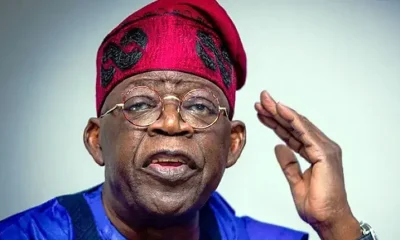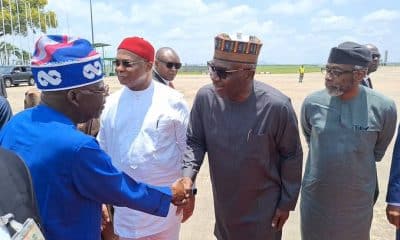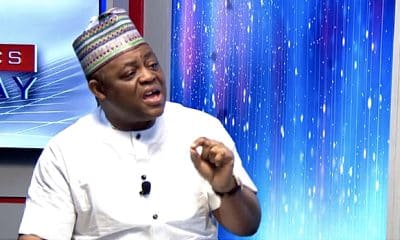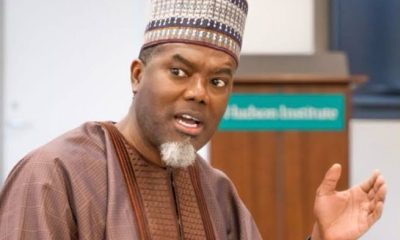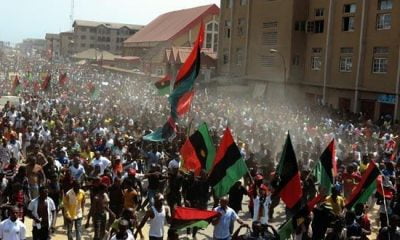Gist
12 Longest Serving Presidents In The World
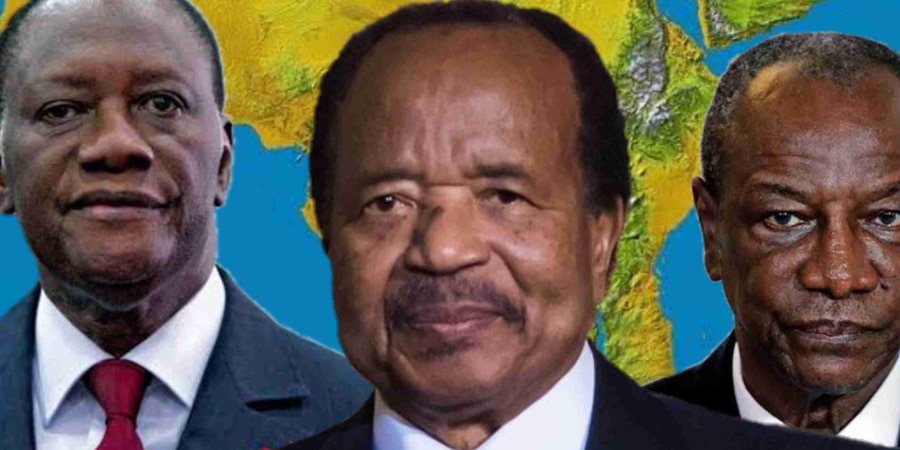
Throughout history, several leaders have held power for decades, leaving indelible marks on their countries’ political landscapes.
These long-term presidencies have sparked debates on governance, democracy, and the concentration of power.
Here’s an exploration of some of the world’s longest-serving presidents, shedding light on their tenures and the contexts in which they operated.
1. Teodoro Obiang Nguema Mbasogo – Equatorial Guinea
Having seized power in a coup in 1979, Teodoro Obiang Nguema Mbasogo is currently the world’s longest-serving President.
Accusations of human rights abuses and widespread corruption have marked his rule over Equatorial Guinea. Despite the country’s oil wealth, much of the population remains in poverty.
Obiang’s tenure illustrates the challenges of resource-rich countries in achieving equitable development under autocratic rule.
2. Paul Biya – Cameroon
Paul Biya has been the President of Cameroon since 1982.
His long tenure has been characterized by a tight grip on power, with allegations of electoral manipulation and suppression of dissent.
Cameroon has faced significant challenges under his leadership, including civil unrest and conflicts such as the ongoing crisis in the Anglophone regions.
Biya’s presidency raises questions about the impact of prolonged leadership on national unity and stability.
3. Denis Sassou Nguesso – Republic of the Congo
Denis Sassou Nguesso has served as the President of the Republic of the Congo for two non-consecutive terms, first from 1979 to 1992 and then from 1997 to the present, following a civil war.
Allegations of corruption and human rights violations have marred his leadership. Despite the country’s oil reserves, economic disparities and social challenges persist.
4. Hun Sen – Cambodia
Hun Sen has been the Prime Minister of Cambodia since 1985, making him one of the world’s longest-serving prime ministers.
His rule has been criticized for authoritarian tendencies, including crackdowns on the opposition and media.
However, Hun Sen has also overseen significant economic growth and development in Cambodia, albeit accompanied by rising inequality and environmental concerns.
5. Yoweri Museveni – Uganda
Yoweri Museveni has been in power in Uganda since 1986.
Initially praised for bringing stability and economic growth following years of turmoil, Museveni’s presidency has increasingly faced criticism for undemocratic practices, including the suppression of opposition. It attempts to extend his rule through constitutional amendments.
6. Robert Mugabe – Zimbabwe
Robert Mugabe ruled Zimbabwe from 1980 until his ousting in 2017.
His 37-year presidency saw the initial promise of liberation from colonial rule give way to economic collapse, hyperinflation, and political repression.
Mugabe’s tenure exemplifies how liberation leaders can evolve into autocratic rulers, with profound implications for governance and development.
7. Tajikistan’s Rahmon: 31 years
Tajikistan: Emomali Rahmon, a 71-year-old former collective farm boss who came to power shortly after the collapse of the Soviet Union, has had a firm grip on his poor, mountainous country for 31 years.
8. Eritrea’s Afwerki: 30 years
Former rebel leader Isaias Afwerki, 77, has been President of the reclusive Horn of Africa nation of Eritrea since it won independence from Ethiopia in 1993.
9. Belarus’s Lukashenko: 29 years
Belarus President Alexander Lukashenko, 69, a close ally of Putin, has used Soviet-style repression to remain in power in Ukraine’s neighbour for 29 years.
10. Djibouti’s Guelleh: 24 years
Djibouti’s President Ismail Omar Guelleh, 76, who was re-elected to a fifth term in 2021, has been the leader of the country that styles itself the “Dubai of Africa”, for 24 years.
11. Russia’s Putin: 24 years
In Russia, 71-year-old Putin has been leader since December 1999.
He became acting President in December 1999, then served two terms from 2000 to 2008 before swapping jobs with his prime minister Dmitry Medvedev to circumvent rules limiting consecutive presidential mandates to two, only to reclaim the role of Kremlin leader in 2012.
Term limits would have disqualified Putin from standing in the next election, but a controversial constitutional reform in 2020 paved the way for him to stay in power until at least 2036.
12. Rwanda’s Kagame: 23 years
Rwandan President Paul Kagame, a former Tutsi rebel leader who put an end to the genocide of Tutsis in 1994, has been President of the small central African republic since April 2000.



